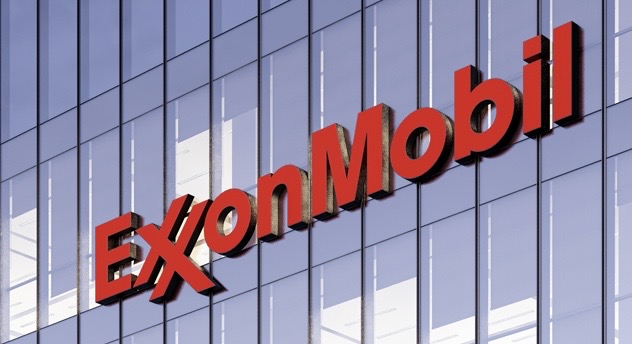KEY POINTS
- ExxonMobil confirms plans to import LNG into South Africa to meet rising gas demand.
- The company targets Richards Bay as a likely import hub amid a projected gas shortfall by 2027.
- LNG imports seen as vital to supporting South Africa’s shift toward gas-fired power generation.
ExxonMobil Corp. is advancing plans to begin importing liquefied natural gas, LNG, into South Africa, marking a significant step toward establishing the country as a future gas hub as it faces mounting energy shortfalls.
The U.S. energy giant, which has spent more than a decade studying the feasibility of LNG imports to the region, now believes that market conditions and policy shifts have aligned to create a rare window of opportunity. Executives say the company is focusing its efforts on Richards Bay — South Africa’s largest port — as a likely entry point for LNG shipments that could power gas-fired electricity plants and industrial operations.
Speaking at the African Energy Week in Cape Town, Shahrukh Mirza, ExxonMobil’s vice president for LNG development, said the company has designated South Africa as one of its “top-priority markets” where long-term gas sales can be “seeded and scaled.”
“South Africa’s energy transition will need reliable, flexible supply sources — and LNG has a critical role to play,” Mirza said, underscoring the company’s intent to support the country’s efforts to diversify away from coal.
South Africa’s Energy Dilemma Deepens
The announcement comes at a time when South Africa is grappling with rolling blackouts and an urgent need to replace declining domestic gas production from fields in Mozambique and the Kalahari Basin. Industry forecasts show that by 2027, the country could face a severe natural gas deficit unless new import routes or supply agreements are secured.
Government officials have long touted the Richards Bay and Coega ports as potential gateways for LNG imports, but regulatory delays and infrastructure funding gaps have slowed progress. ExxonMobil’s renewed interest could inject much-needed momentum into the project and attract further investment from global financiers and infrastructure developers.
The move also aligns with South Africa’s broader energy transition strategy, which envisions gas as a “bridging fuel” — one that can balance the grid as renewables like wind and solar expand. Analysts note that ExxonMobil’s entry could reshape regional gas trade dynamics, particularly if the company leverages its vast global LNG portfolio to supply competitively priced fuel.



